By: Nancy Lindberg
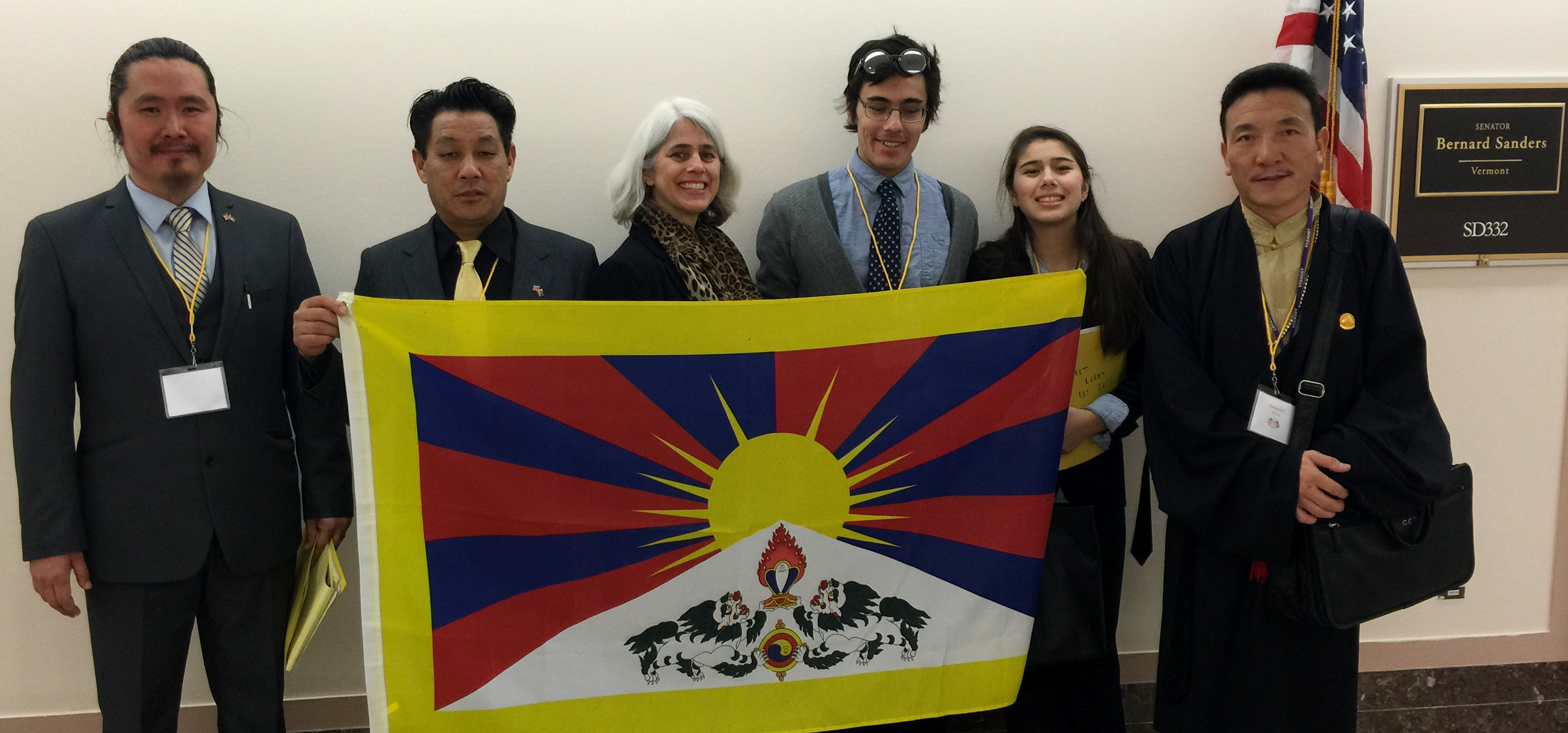
Nancy Lindberg with her husband (Tenzin Chophel), and two children (Tsering and Tenzin) as well as fellow members of the Tibetan Association of Vermont, Tseten Anak Kalsang GGT, during Tibet Lobby Day in Washington, DC.
ere we are in the United States, far from Tibet, wondering what we can and should do. Some of us have been to Tibet or exile communities in India and Nepal, and fell in love with the culture. Some of us are followers of the Dharma. Some of us are Tibetan American immigrants or their children. Our existences are linked together, firmly or tenuously, by Tibet.
I am a Vermont native, wife of a Tibetan, mother of Tibetan American children, past traveler in Tibet and past student and volunteer in Tibetan exile communities. Recently, I’ve noticed that as life proceeds, we sometimes give more time and sometimes less, to things we care about, adjusting our distribution of time according to life’s circumstances. Like so many of our friends, my husband Tenzin and I, gave our time to nurturing our children through their childhood. Part of that nurturing included speaking Tibetan at home, traveling to their father’s childhood home of Dharamsala India, and participating in Vermont’s local Tibetan community and its various events, such as Tibetan New Year (Losar) and the March 10th commemoration of Tibetan Uprising Day.
In 2012, when our daughter was in eighth grade, we decided to travel to Washington D.C. to participate in Tibet Lobby Day. On our way, we stopped in New York City to pay our respects to three determined Tibetan hunger strikers camped out in front of the United Nations, refusing sustenance until their demands for Tibet were acknowledged. They called for fact-finding missions to look into the human rights abuses in Tibet. They wanted journalists to be allowed into Tibet to illuminate the atrocities that were leading Tibetans there to use their bodies as their last statements. The year 2012 will be remembered for the heart-breaking rash of self-immolations in Tibet. Tibetans in Tibet were shaking us all awake.
Arriving in D.C., a Tibetan family opened their home to us. We felt welcome, like family from afar, reunited after a long journey. The International Campaign for Tibet (ICT) had organized everything for the three-day event. The program started with an afternoon of orientation and lobbying practice. We learned about the ‘asks’ for the occasion – specific, tangible requests we could make when we visited each of Vermont’s representatives over the next several days. The ‘asks’ were not the big statements we see on bumper stickers, T-shirts or rally placards, such as ‘Free Tibet’ or ‘China Go Home’. These ‘asks’ pointed our representatives down a progressive path, one small step leading to the next. These ‘asks’ connected Tibet to the reality of the U.S. government’s daily business. We would ask our representatives to support budget initiatives, like continued funding for radio broadcasts inside Tibet – a source of news and hope for Tibetans inside and out. We would ask them to sign a letter that their colleague would be circulating. The letter would request Secretary of State John Kerry to make Tibet a priority issue during an upcoming visit to China. We received brief bios of Tibet’s prisoners, and prepared to highlight the plight of several individuals to our representatives (sadly, there were many from which to choose). We also practiced introducing ourselves and sharing our personal connection to Tibet (in a minute or less!)
It had been 20-years since my husband had immigrated from Dharamsala to the U.S., and in those few days in D.C., people from his life in India suddenly surrounded him. His young friends from TCV, were now here beside him, middle aged, preparing to gather not at the edge of the road in Dharamsala to greet His Holiness’s motorcade, but on Capitol Hill in the Halls of Congress. This was our next step.
The first steps had been those of his father and mother, and his friends’ fathers and mothers. They took decisive yet painful and reluctant steps across the Himalayas to northeastern India and later to Himachal. Steps that left behind everything, except the hope that they would return, later in life, when the time for freedom had come.
But as we know, most fathers and mothers have not yet returned. They raised their families and reminded them, incessantly, that they were Tibetan. They attended rallies, educated their children, celebrated and mourned. They passed on the torch. In the early nineties, thousands of Tibetans began relocating to the United States. They were pulled by opportunities for them personally, for their children…and hopefully, for Tibet. The rhythm of daily life changed. Tibetan parents in the U.S. started working two jobs or split shifts, learning to afford life in America and to follow its storied dream. Tibetans in the U.S. adapted quickly and successfully, just as their parents had in India and Nepal. As in India and Nepal, their close proximity to one another (living in approximately 20 cluster sites including Boston, N.Y.C., Chicago, Minneapolis, Burlington, VT etc.) enabled them to keep their culture and hopes alive, albeit in new ways.
Like my husband’s friends surrounding us, we had reached a plateau in life. Our son in college, and our daughter maturing into a young woman in high school, it was time to think about reinventing our personal commitment to Tibet, in a way that extended beyond the bounds of our family and community. So it is that my husband, daughter and I found ourselves, slightly intimidated, wandering the Halls of Congress. Dressed in our best business attire, adorned with Tibetan/American flag lapel pins and armed with khatas and a briefcase full of information provided by ICT, we went forth to punctually attend appointments at each office of our state’s representatives.
Like anything in life, lobbying is a process. Prepare, practice, be on time, be thankful, get to the point, express more gratitude, take photos, share your successes, and remember to follow-up periodically when you get home. Then there were the opportunities for on-the-spot interviews in the halls in between meetings. Members of the press, both Radio Free Asia and the Voice of America were there, curious about how our meetings had gone. We told them…hopefully our friends and family in Tibet heard. In the evening, we met other lobbyists, reminisced about our day and our lives, and felt good.
At the first Tibet Lobby Day my family and I attended, we took a step…many steps even. My family has attended lobby day annually ever since that first experience. It’s on our calendars – somewhere near Losar and March 10th. It’s as important to us as both of those occasions. With each Tibet Lobby Day, we are grateful for the opportunity to personally tell our elected representatives something about Tibet.
Life repeats itself on an annual cycle. Despite the repetition, we are blessed to be able to enter each New Year with a new perspective and a sense of new possibilities. Tibet Lobby Day gives its participants a way to take a few important steps for Tibet. It is all of our combined steps that make an incredible impact. At Tibet Lobby Day 2017, I look forward to connecting with old friends and making many new ones. Together, let’s visit Capitol Hill, and make a difference for Tibet.
Nancy Lindberg
Shelburne, Vermont

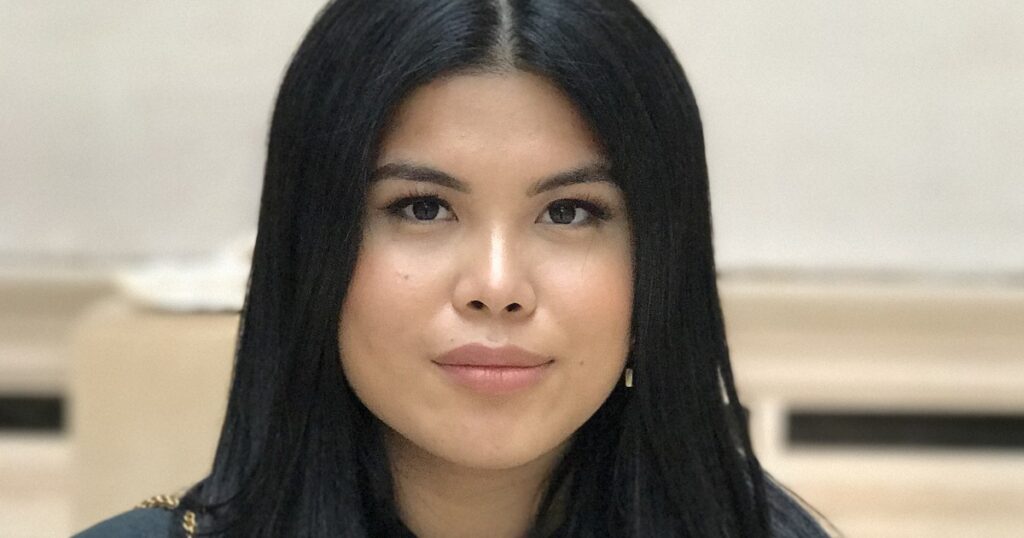
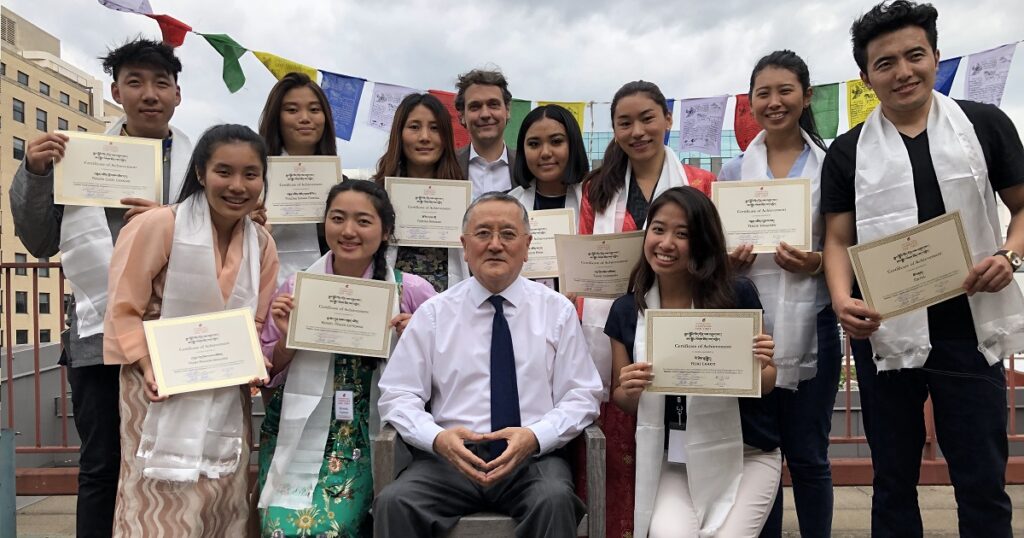
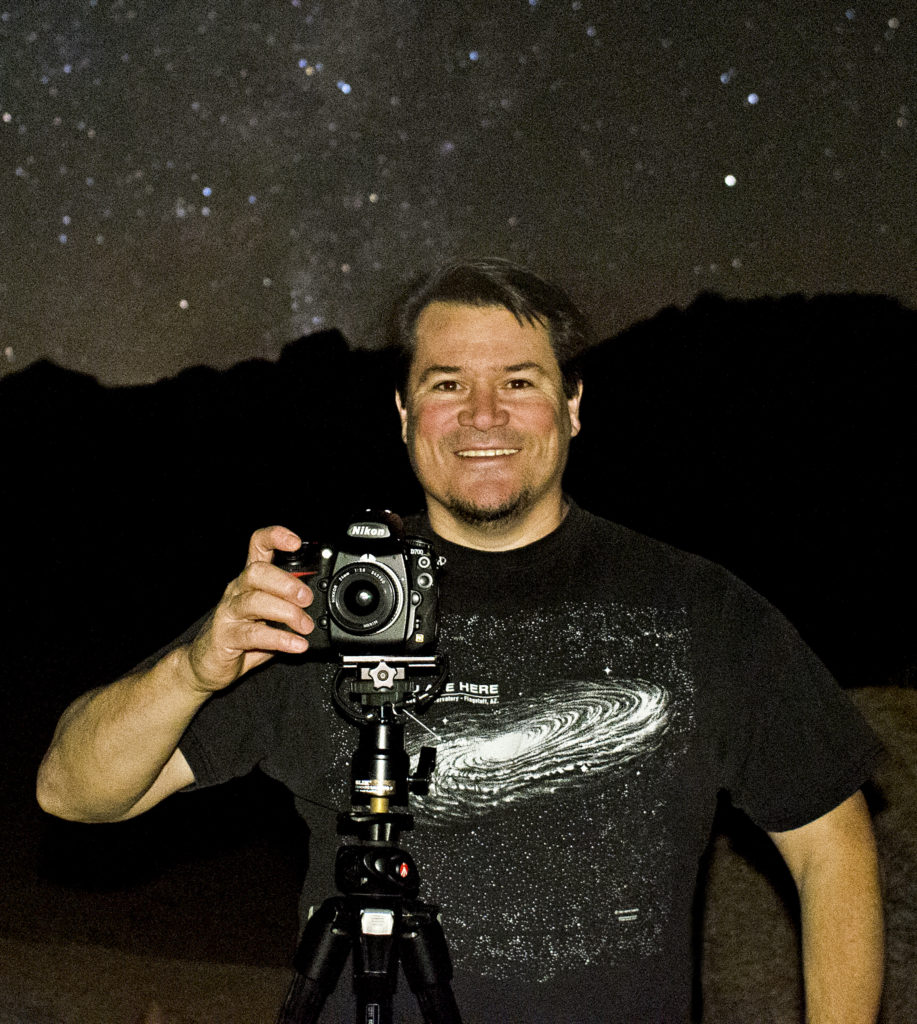
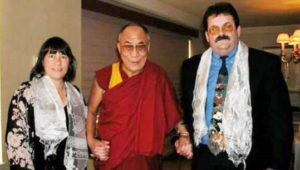
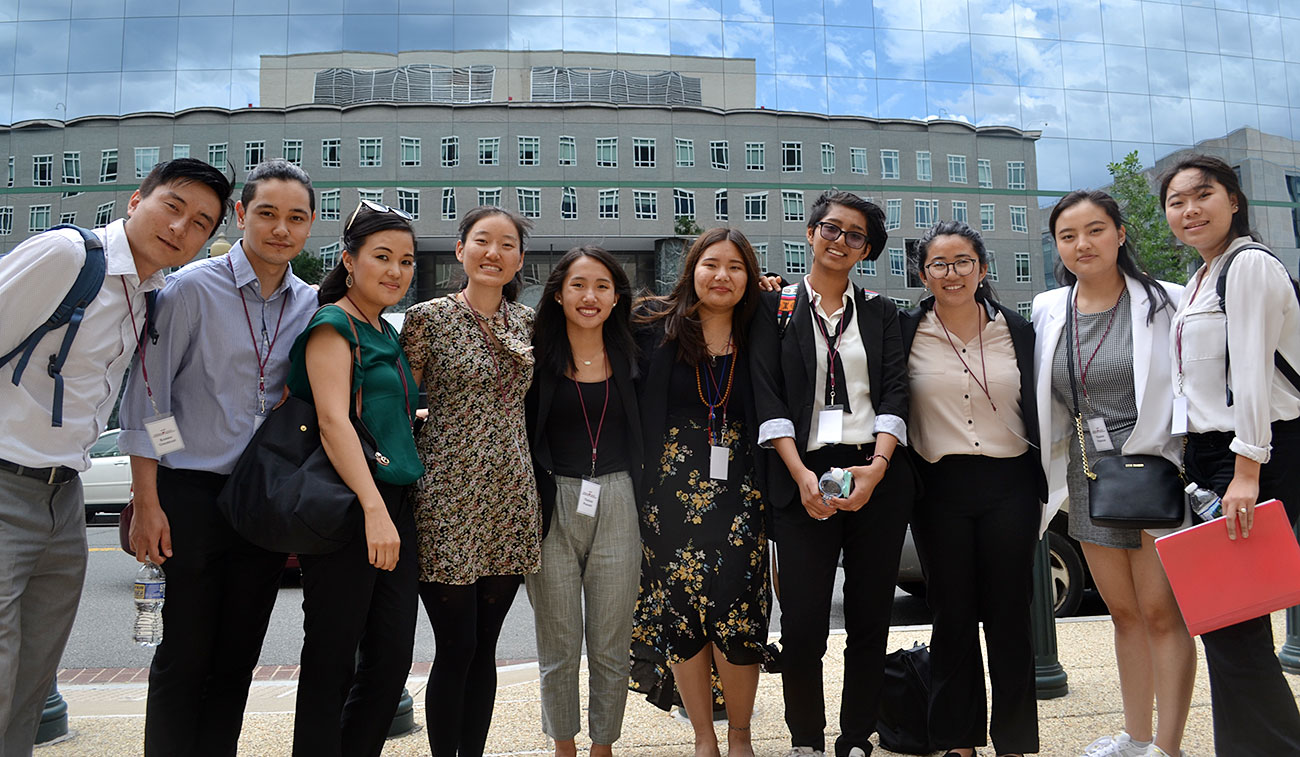
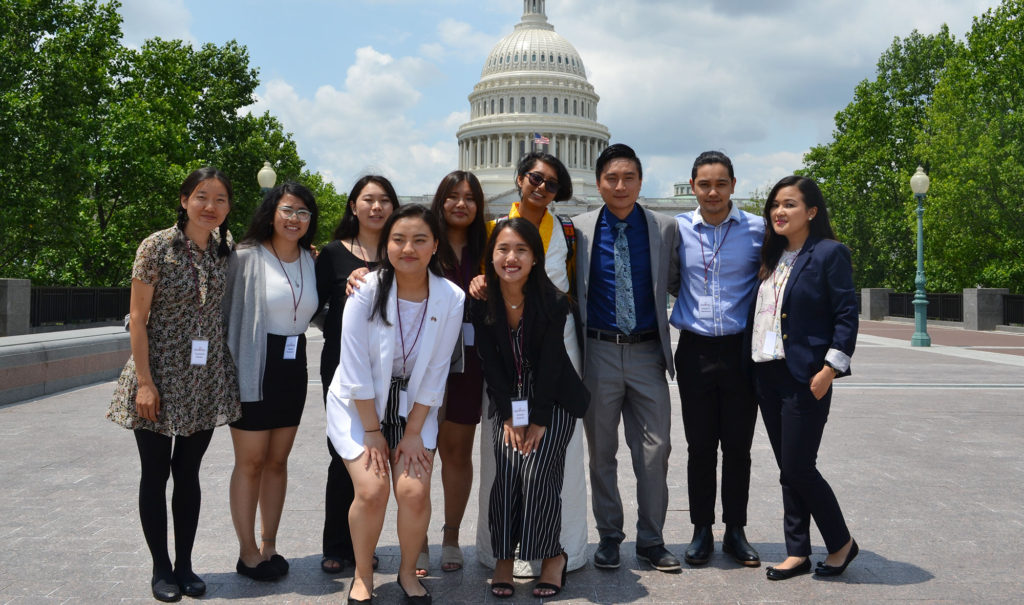

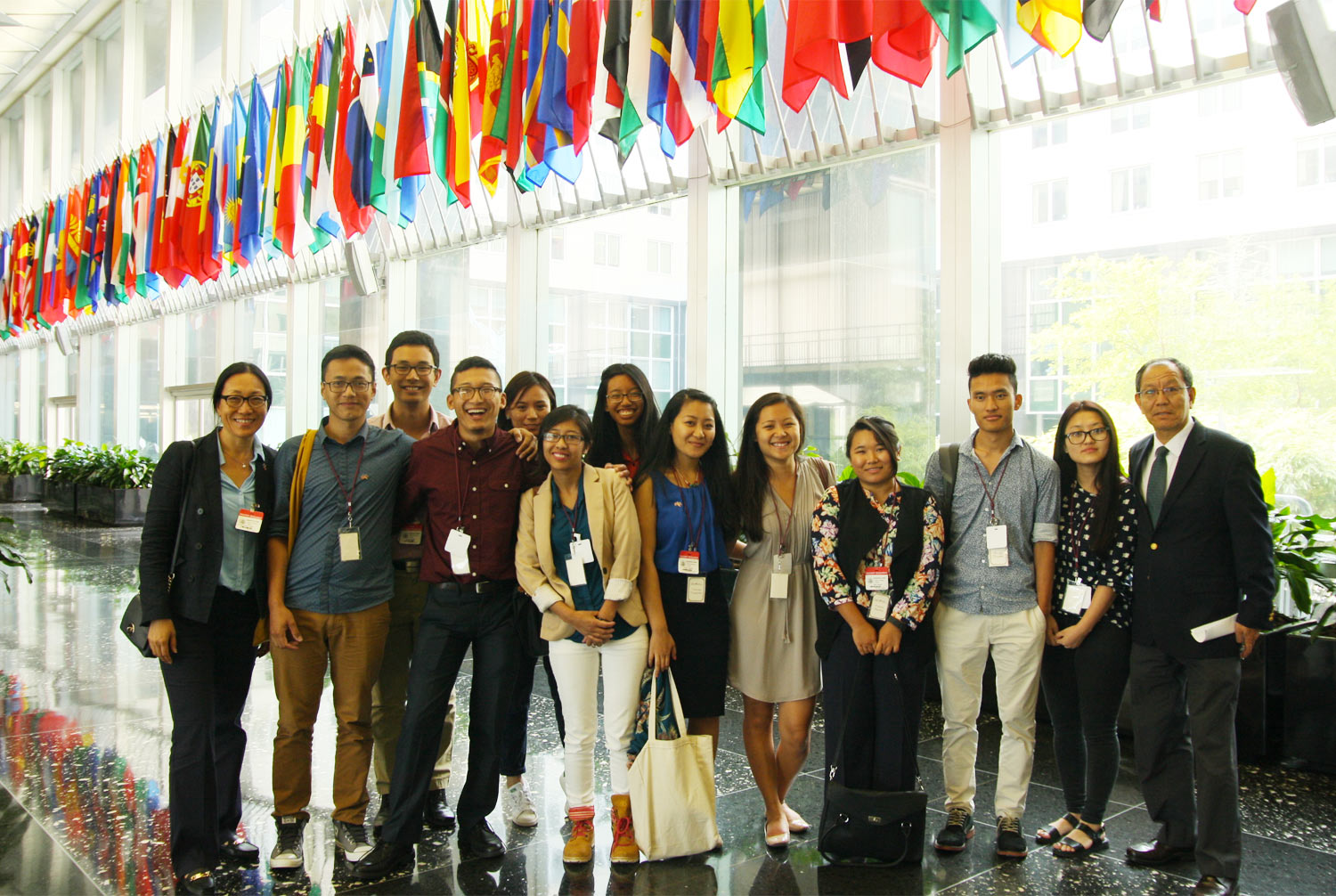
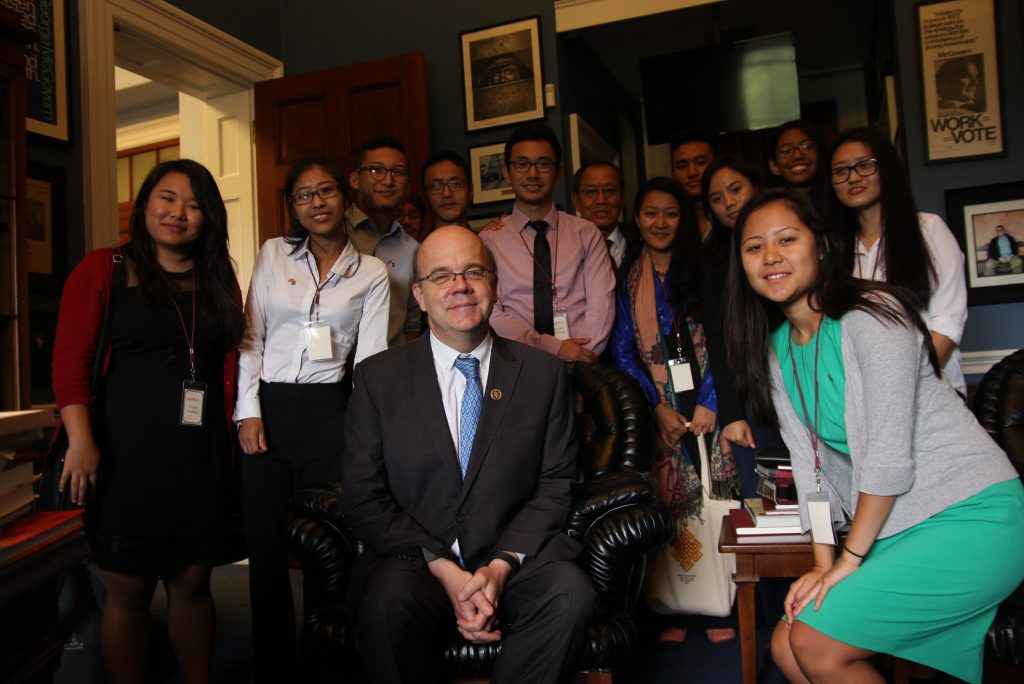 Our week was packed with visits to the State Department where we able to attend a media briefing, have an interactive session with Ambassador David Saperstein, and meet with Mr. Todd Stein, a senior advisor to the Under Secretary of State for Civilian Security, Democracy, and Human Rights and concurrently serves as special coordinator for Tibetan issues. We had the opportunity to visit the Tibetan Language Service for both Radio Free Asia and Voice of America where some of my peers were interviewed on air. We went on a White House Tour, had a meeting with the President of the National Endowment for Democracy, and also met Representative Kaydor Aukatsang la during our visit to the Office of Tibet. These were just the few things we were able to do in our busy week.
Our week was packed with visits to the State Department where we able to attend a media briefing, have an interactive session with Ambassador David Saperstein, and meet with Mr. Todd Stein, a senior advisor to the Under Secretary of State for Civilian Security, Democracy, and Human Rights and concurrently serves as special coordinator for Tibetan issues. We had the opportunity to visit the Tibetan Language Service for both Radio Free Asia and Voice of America where some of my peers were interviewed on air. We went on a White House Tour, had a meeting with the President of the National Endowment for Democracy, and also met Representative Kaydor Aukatsang la during our visit to the Office of Tibet. These were just the few things we were able to do in our busy week.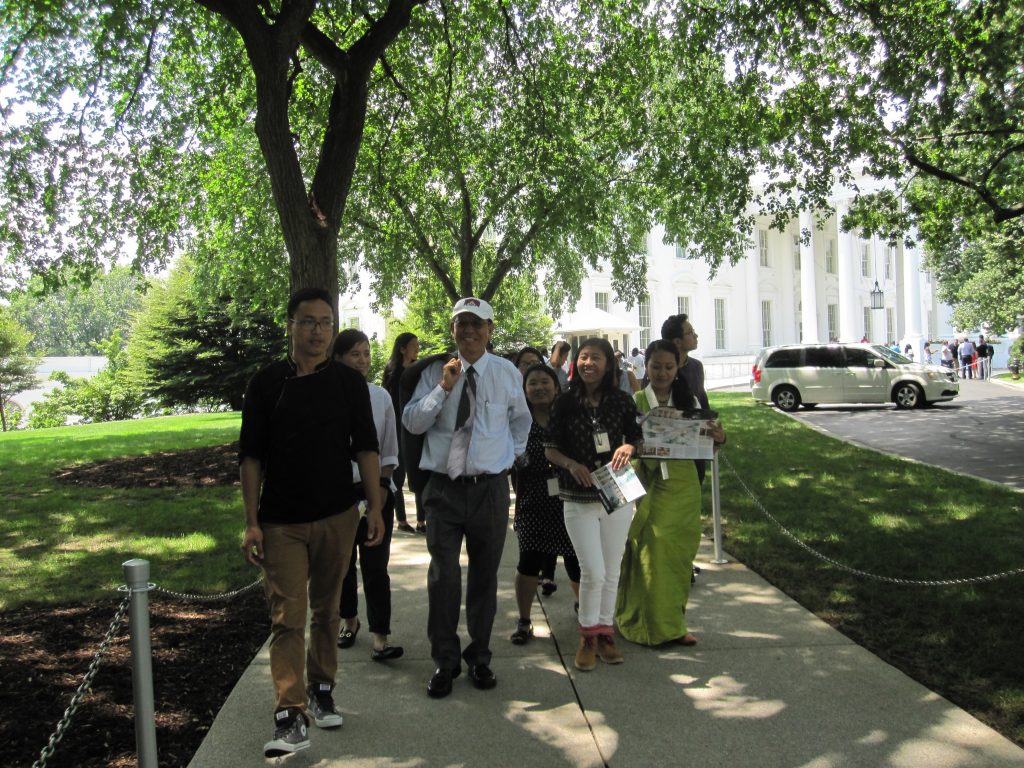 I highly urge every Tibetan college student to apply to the Tibetan Youth Leadership Program. The knowledge and friendships I have gained this week will be everlasting. The International Campaign for Tibet has created a unique and valuable program granting young Tibetans access to learn more about their identity and how to become leaders in the Tibetan American community.
I highly urge every Tibetan college student to apply to the Tibetan Youth Leadership Program. The knowledge and friendships I have gained this week will be everlasting. The International Campaign for Tibet has created a unique and valuable program granting young Tibetans access to learn more about their identity and how to become leaders in the Tibetan American community.